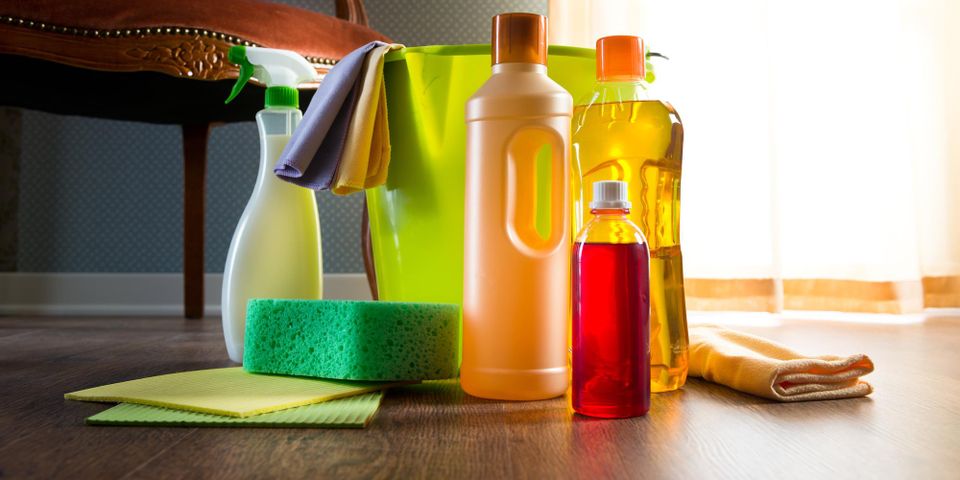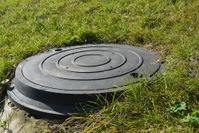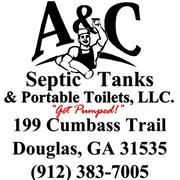
Septic systems are an excellent alternative to traditional sewer line connections for households and businesses in rural settings. These systems involve individual tanks that collect all of the organic liquid and solid waste from a structure, separating it and releasing the wastewater into an adjoining drain field, where it percolates through the soil. If you are new to septic system use, there are a few key pieces of information you need to know.
Do:
Get your tank pumped every 2 to 5 years.
Schedule septic tank pumping every two to five years based on factors such as the number of household members and the amount of weekly water usage. Tanks that do not undergo periodic cleaning become clogged with solids that can leach into the drain field, resulting in serious contamination issues. Excessive clogs can also cause the tank to crack. Keep a record of septic tank pumping so you never wait too long in between services.
Limit how many chemical cleaners you use.
 Limit how many chemical cleaners end up in your toilets and drains to avoid interfering with natural enzymes that break down bacteria in your septic tank. Excessive chemicals of any kind in wastewater can also pollute the drain field and possibly contaminate groundwater.
Limit how many chemical cleaners end up in your toilets and drains to avoid interfering with natural enzymes that break down bacteria in your septic tank. Excessive chemicals of any kind in wastewater can also pollute the drain field and possibly contaminate groundwater.
Use water-conserving devices.
Install low-flow shower heads, sink fixtures, and low-flush toilets to reduce the volume of water entering your septic tank every day. Spread out household chores that involve heavy water usage, such as laundry, to avoid overloading your tank. Too much water in a septic tank disrupts the natural settling of solid waste, potentially resulting in toilet and drain backups as well as a saturated drain field and a soggy backyard.
Don’t:
Flush foreign objects.
Maintain good flushing practices to avoid clogging your septic system or interfering with the natural bacteria balance. Some of the many items you should never flush include feminine products, paper towels, tissues, cotton swabs, coffee grounds, cigarette butts, hair, and bandages, among many others.
Use septic tank additives.
Avoid septic tank additives, since they only upset the natural bacterial balance in the tank. Certain additives can even contaminate groundwater. Rely on septic pumping to keep your tank in good condition.
Ignore plumbing leaks.
Keep up with household plumbing by routinely checking for leaks. Leaky toilets and fixtures mean that much more water enters your septic tank every day. Ensure water softener and conditioner discharge stays out of your tank for the same reason.
A & C Septic Tanks & Portable Toilets helps homeowners throughout Douglas, GA, and the surrounding areas maintain their septic systems with pumping and repair services while also providing tank installation and drain cleaning services. Maintain your plumbing system by scheduling service today—call (912) 383-7005 or send a message online. Like the Facebook page for more septic system care tips.
About the Business
Have a question? Ask the experts!
Send your question

